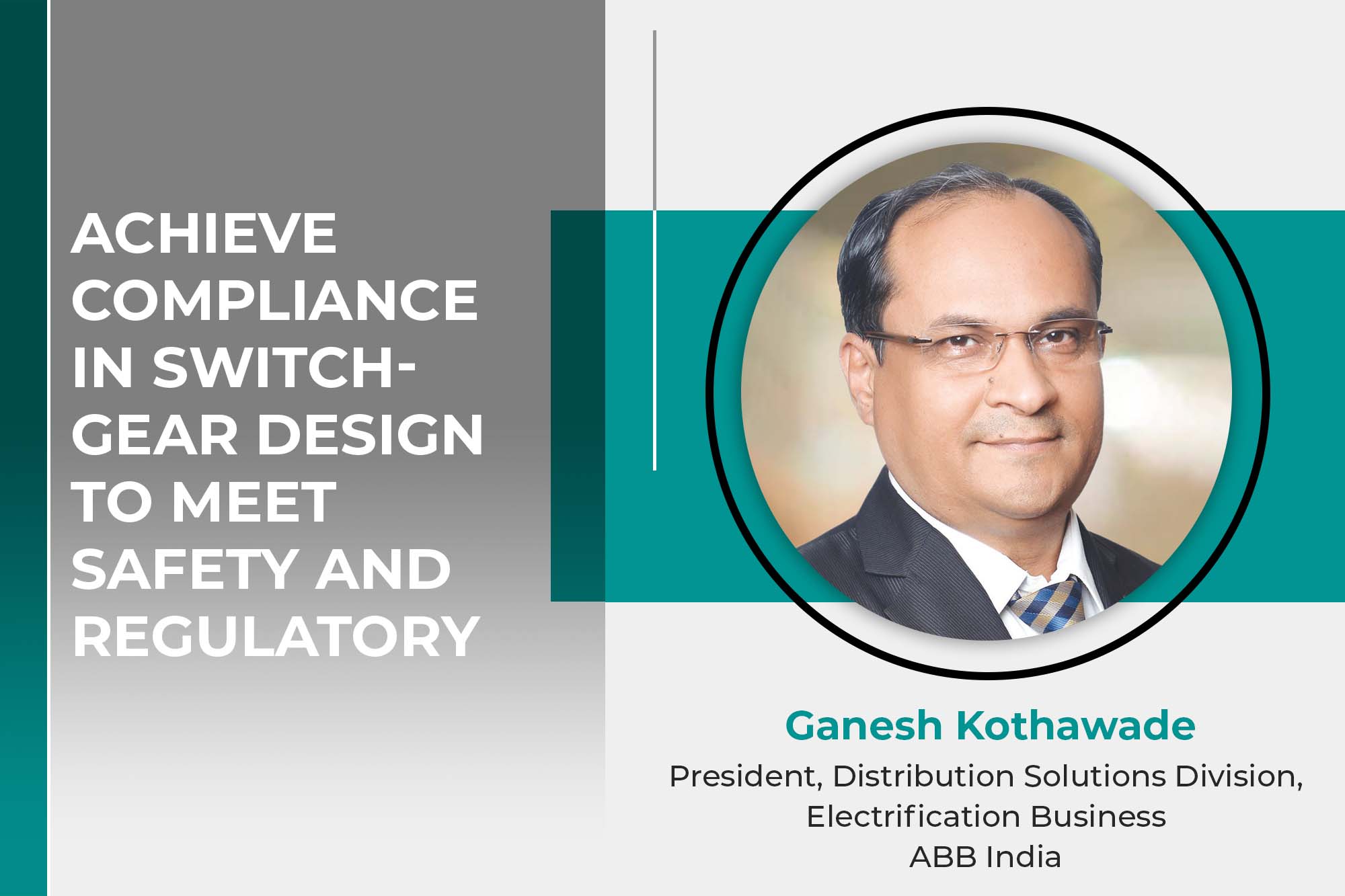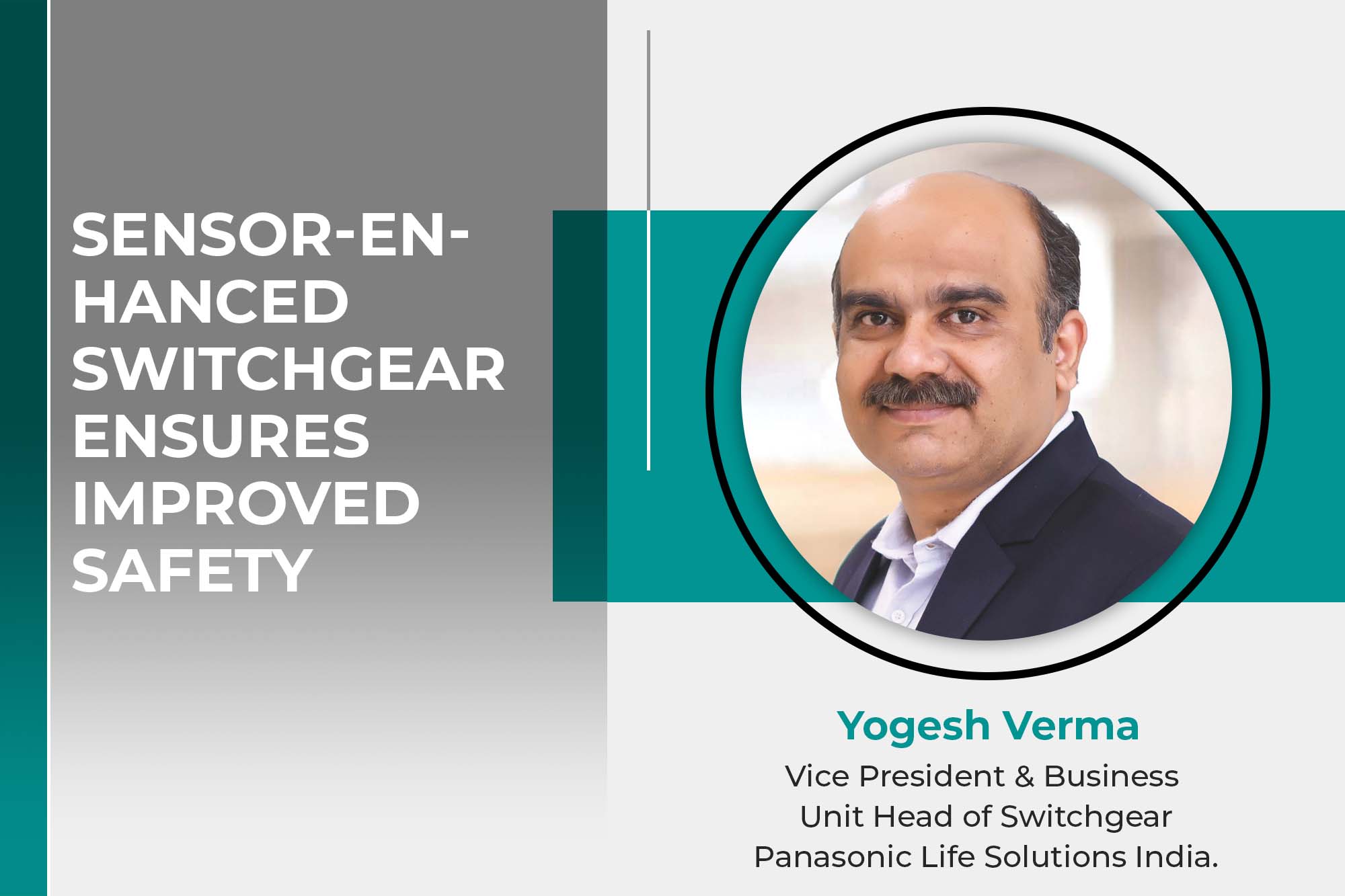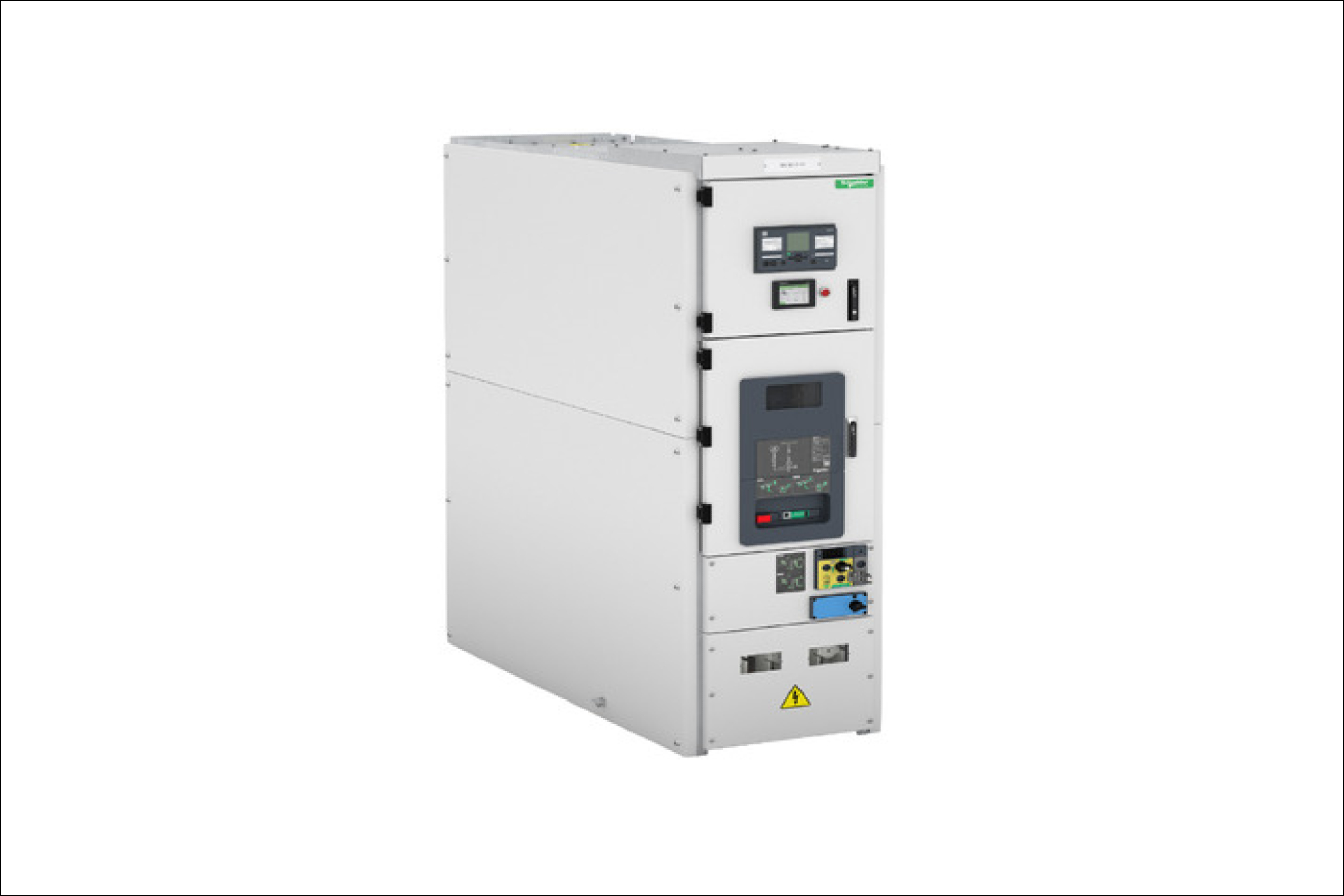Heavy goods and RE are leading the growth of switchgear and control panels
By Staff Report August 1, 2025 6:30 pm IST
Balaji Switchgears Private Limited is a leading organisation that has been offering low-voltage switchgear products since 1990. To know more about the latest trends prevalent in the industry, we spoke with Piyush Garg, Managing Director at Balaji Switchgears Pvt. Ltd. With years of experience, he shares the current innovations happening in the electrical segment that support smart manufacturing, and how the MSME segment can adopt modern manufacturing practices.
How are compliance and certifications shaping switchgear trends in India?
Compliance, along with certifications, is essential in the industry. The tests required to attain the certifications are the new ongoing innovations in the Indian market. Switchgear and control panel manufacturers are highly prioritising the development of compliance-driven designs and certifications. Manufacturers are expediting BIS approvals to fulfil mandatory quality control orders for continuous market access. Alongside, the industrial wiring is using BIS-marked, halogen-free, flame-retardant cables compliant with RoHS/REACH. These enhance safety and environmental credentials.
How do your electrical solutions support smart manufacturing and energy management?
Our newly launched electrical solutions are valuable assets in smart manufacturing, city projects, and energy management. Digitisation has enabled us to manage energy distribution by integrating smart technologies, allowing for easy monitoring and predictive maintenance. As a consultant and service provider, we utilise these solutions along with advanced sensors and communication systems in our switchgear, which provide valuable data. This data helps us optimise machine performance, ultimately reducing energy losses. The transparency and clarity of the data allow us to quickly respond to faults, conduct predictive analytics, and minimise downtime. Our communicable switchgear supports load balancing and demand response, enhancing control and automation. This approach promotes energy conservation in our clients’ manufacturing systems. Overall, the integration of digital technologies in switchgear increases reliability, efficiency, and sustainability.
Which end-user segments are driving the most demand?
The primary drivers for the demand for switchgear and control panels are the heavy goods industry and renewable energy sectors. This growth is supported by initiatives such as ‘Make in India,’ the Revamped Distribution Sector Scheme (RDSS), and smart city projects. Additionally, data centres and IT infrastructure are expanding, with the power capacity of data centres expected to nearly double by 2026. This trend has led to an increased demand for critical and compact hybrid switchgear. At the same time, the infrastructure for Electric Vehicles (EVs) is emerging, with both public and private charging hubs across states requiring medium-voltage switchgear and control systems. While the pharmaceutical and Fast-Moving Consumer Goods (FMCG) sectors remain stable, they currently contribute less to the overall demand for switchgear compared to other industries.
What are the biggest roadblocks to adopting modern manufacturing practices, and how can the industry bridge the digital divide, especially in the MSME segment?
High upfront costs for machinery and IoT-enabled equipment, limited access to affordable financing, and low digital literacy among business owners and workers serve as significant barriers. Additionally, broken supply chains and a lack of standardised processes further hinder the scaling up of facilities. To address these challenges, stakeholders could provide subsidised leasing or subscription models for automation tools. Industry associations, such as IEEMA and COSMA, should organise sector-specific training programs and digital literacy workshops to raise awareness. Through public-private partnerships, we can increase the return on investment (ROI) and build confidence in modern manufacturing practices for MSME manufacturers.
End users increasingly demand faster delivery and highly customised solutions. How are manufacturers coping with this need for agility and flexibility, and what role can design standardisation or modularity play in improving delivery timelines?
Manufacturers in India are using modular panel designs, standardised component libraries, and digital engineering tools for agility and scalability. By creating switchgear and control panels as plug-and-play modules, they reduce engineering lead times and streamline inventory management for clients. Software-based configuration platforms allow for rapid customisation while ensuring compliance with IEC and BIS standards. These platforms can also offer virtual support to end users more efficiently. Ultimately, designs based on these standards and modular upgrades shorten delivery timelines. Such designs strike a balance between customisation needs and repeatability, making manufacturing workflows more efficient.
Cookie Consent
We use cookies to personalize your experience. By continuing to visit this website you agree to our Terms & Conditions, Privacy Policy and Cookie Policy.


















